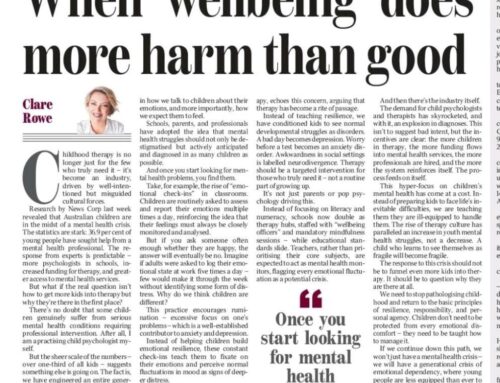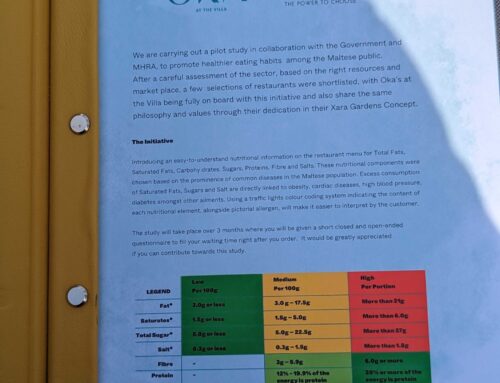My article found on the Mediterranean College of Sport Website https://mcs.edu.mt/how-participating-in-sporting-activities-improves-mental-health/
The Mediterranean College of Sport speaks to sports and exercise practitioner Dr Bernice Sant about the physical and mental benefits of athletic activity, and how one directly affects the other.
From a young age, children are encouraged to move. People learn early on that doing exercise can boost their energy and strength, balance sleep patterns, and assist with weight management. And with age, even though the body becomes less resilient, exercise becomes crucial for health. It improves cholesterol and blood pressure levels and decreases the risk of heart disease and cancer, for example. In fact, exercise does not only help treat certain illnesses; it can prevent them altogether.
Nevertheless, the psychological benefits of the same physical activity are quite often overlooked, despite them being just as valuable. And according to sports and exercise practitioner Dr Bernice Sant, being aware of the mental impact of physical activity is not merely important; it is necessary.
“When talking about sports, we must never stop at the physical level. The need to tap into the psychological and social aspects is essential when understanding the holistic, positive outcomes that result from physical activity,” she tells The Mediterranean College of Sport.
Practising sports for mental health
Research shows that the psychological and social benefits of sports are many. Not only does exercise improve one’s self-esteem, focus and confidence, but it also reduces anxiety and depression. There is also a natural, internal motivation that emerges from moving your body and forming part of a collection of like-minded individuals – irrespective of whether one opts for an individual sport (supported by staff) or a team sport.
“People who engage in sports also tend to enhance their self-discipline, communication, awareness of the self and of their external environment, acceptance, resilience, self-reflection, mindfulness, decision-making and mental growth,” explains Dr Sant.
Mental benefits such as these do not remain isolated in the sports environment; they also benefit the athletes off the field in their daily lives. “Every mental tool learned through sport can be transferred to one’s life. For example, by boosting your self-reflection through exercise, you become better able to evaluate your reactions to situations in your day-to-day existence,” continues Dr Sant.
“And this is why taking care of physical and mental wellbeing should not be restricted to athletes – or those who take up sports at a more serious or competitive level. There are physical and mental benefits to be found in all kinds of physical movement.”
In fact, for the sports and exercise practitioner, taking care of the human mind has become more urgent than ever. “Today, life is so fast that we rarely stop to think about how we’re doing or how we can improve our lives or the lives of others. This lack of self-reflection makes us function on autopilot, leading to us developing an extreme need for psychological support to be able to help ourselves. Attending to one’s mental wellbeing should be a top priority for every individual,” she believes.
Nurturing the mind
While there are numerous physical differences between sports, there are surprisingly just as many psychological similarities. Every sport requires the same mental tools: concentration, resilience in the face of setbacks, adjustment to different competing environments, and mental strength under increased pressure.
The psychological differences between sports lie in when such mental tools are needed. For example, a long-distance runner has a longer performance duration than a sprinter and therefore spends more time inhabiting their mind when in action – consequently, calling for tools to extend their cognitive abilities.
“Whatever the hindrance, getting back into the flow of one’s performance remains the same: focus on the task at hand. Shut everything else off and zone in on your body’s movement and your breathing – because just as physical injury can hinder your ability to perform properly, mental injury can do the same,” warns Dr Sant.
“Be it physical or mental, one’s performance progresses when one’s well-being improves. The trick is to seek out the right mental tools and professional help – someone who can support you in creating a holistic framework of wellbeing, both in sports and in daily life. The two are so closely linked; strengthening one will directly reinforce the other.”



